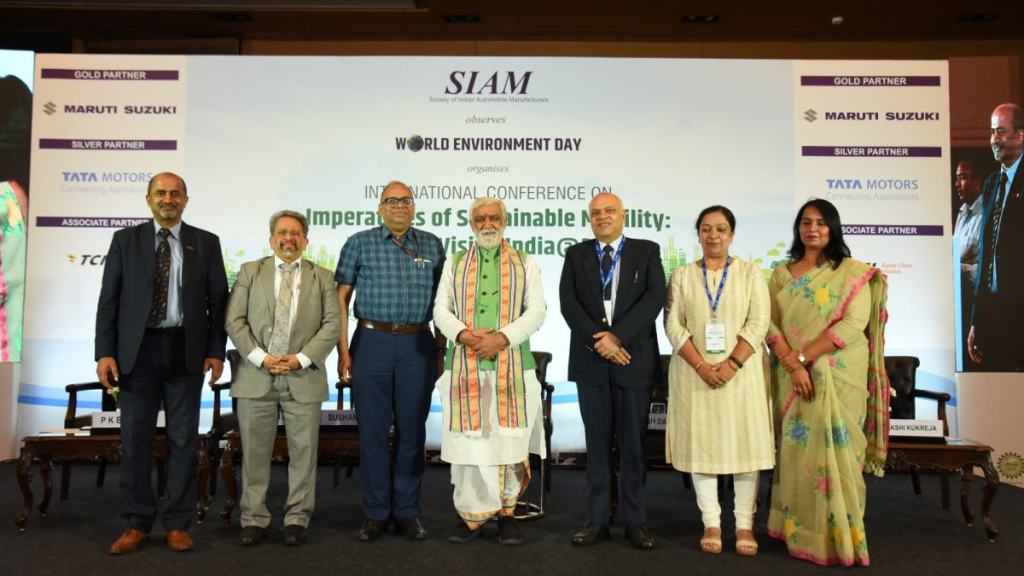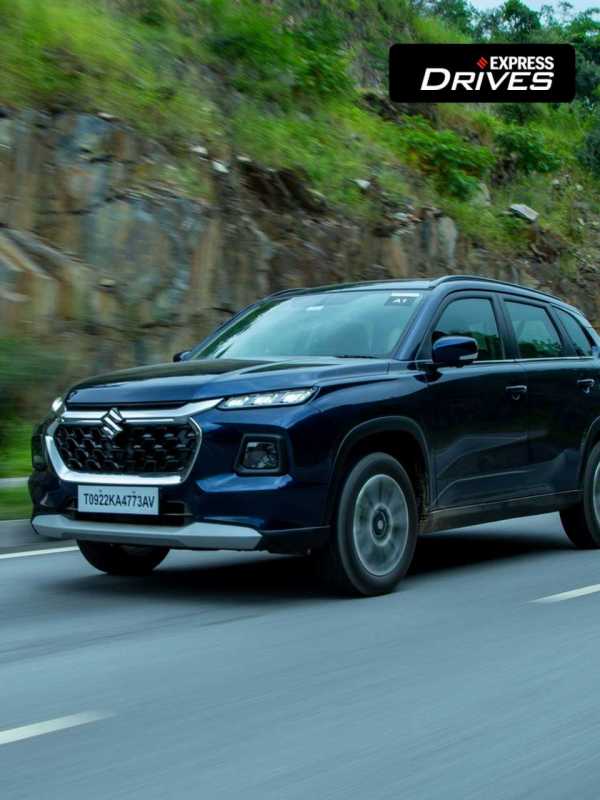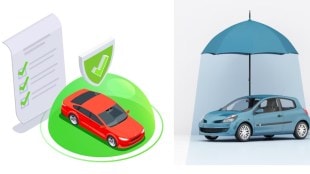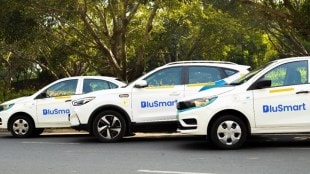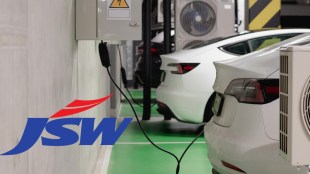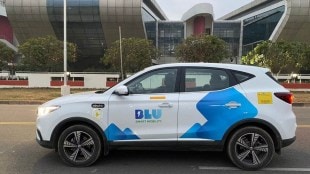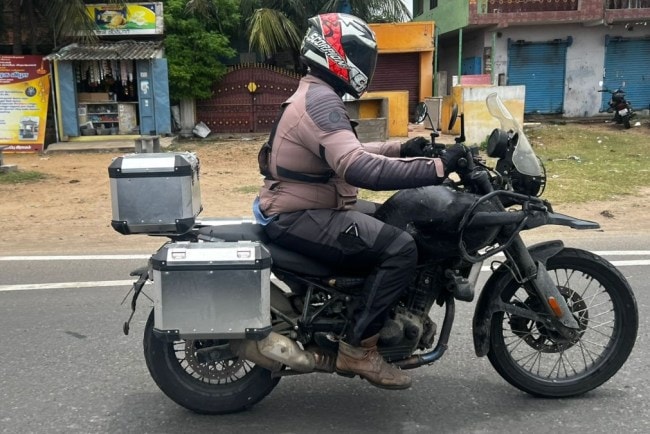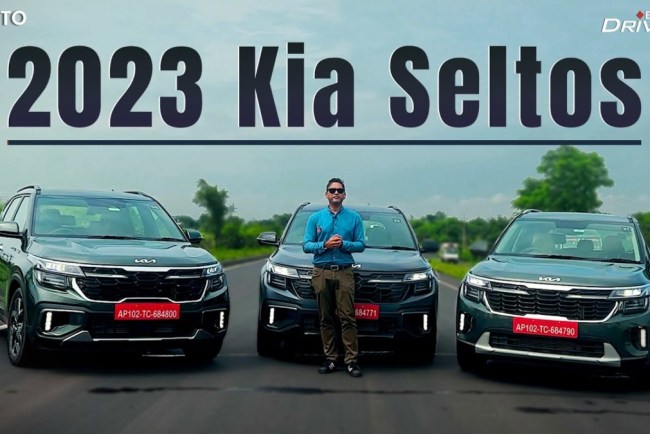In alignment with the vision of promoting sustainable mobility, the Society of Indian Automobile Manufacturers (SIAM) hosted an international conference titled “Imperatives of Sustainable Mobility: Towards Vision India@2047” in New Delhi, coinciding with the commemoration of World Environment Day 2023.
The conference’s Chief Guest was Ashwini Kumar Choubey, Union Minister of State for Environment, Forest and Climate Change, Government of India, alongside eminent speakers from the government, and industry leaders hailing from both India and various corners of the globe.
The conference was divided into four thematic sessions: Bio Initiative, Electrification, Gas Based Mobility, and Circularity. These sessions delved into various topics, including the use of low-carbon fuels with a specific focus on ethanol and gaseous fuels. Additionally, the discussions revolved around material circularity, decarbonisation, carbon neutrality and ESG compliance within the automotive sector.
The conference also covered existing and upcoming policies, the regulatory and legislative framework for alternative fuels, as well as sustainable mobility on both national and international levels.
Chief guest Ashwini Kumar Choubey said. “India is making rapid progress towards sustainability. Previously, we sought inspiration from the world, but now the world looks to India for inspiration. It is crucial to recognise that progress must be not only significant but also sustainable.”
Sharing his thoughts during the thematic Session titled Gas Based Mobility Revolutionizing Mobility with Gas-based Solutions, Pankaj Jain, Secretary, Ministry of Petroleum & Natural Gas, Government of India, “Today, we are faced with the task of managing multiple fuel options. It is no longer limited to traditional choices of petrol or diesel, but now includes natural gas, hydrogen, biofuels, and fuel cells. This diversification poses a significant challenge for manufacturers and consumers alike. Our objective is to ensure that consumers have a wider range of choices and that healthy competition exists within the market.”
The thematic session, titled Bio Initiative: Bio-Initiatives for Promoting Low Carbon Economy focused on the production and utilisation of biofuels obtained from renewable biological sources. The session emphasised the importance of alternative fuels in reducing dependence on petroleum and lowering greenhouse gas emissions.
Sharing his thoughts in this session, Hanif Qureshi, Joint Secretary, Ministry of Heavy Industries, Government of India, commented, “We have reached a consensus that our objective is to achieve a 20% ethanol blending rate, and we are fully committed to this goal. Originally set for 2030, we have revised our target to 2025, given the progress we have made thus far.”
Thematic session on Electrification Powering the Future: Benefits and Challenges of Electrification covered various aspects of electric mobility. It included discussions on advanced electric vehicle technology, environmental benefits, infrastructure requirements, challenges in charging infrastructure and grid integration, government policies and incentives, and the automotive industry’s role in driving the transition to electric vehicles.
Sudhendu J Sinha, Adviser (Infrastructure Connectivity – Transport and Electric Mobility), Niti Aayog, further outlined the strategies for transitioning to E-Mobility: Role of supportive policies of the Government, and commented, “Globally, there are examples of successful transitions to sustainable mobility achieved through collaboration between industries and auto associations.”
He added, “We aim to replicate such collaborations and successes in India. The government has supported the development of EVs, components, and charging infrastructure through initiatives like FAME. We anticipate focused efforts in areas such as raising awareness, enhancing R&D capabilities, improving manufacturing quality, and expanding charging infrastructure to expedite the shift towards sustainable mobility.”
Sharing his thoughts during the Circularity Fostering Circular Economy through Efficient Material Circulation session, Mahmood Ahmed, Additional Secretary, Ministry of Road Transport and Highways, Government of India, said, “The transport industry is undergoing a significant transition towards cleaner and greener mobility. From petrol and diesel, it is shifting to CNG and e-mobility for greater energy efficiency.”
He added, “India, as a fast-developing nation, must be future-ready. The National Green Hydrogen Mission will enable the commercial production of green hydrogen, decarbonise transportation, reduce dependence on imported fossil fuels, develop indigenous capabilities, and create jobs. We strive for innovative solutions and sustainable transportation.”
During the event, Rajesh Menon, Director General, SIAM highlighted that the Indian Automobile Industry under the aegis of SIAM is working on Sustainable Mobility solutions with specific emphasis on Ethanol, Electrification, Hydrogen, CNG/LNG and lastly on Circular Economy through Recycling.

